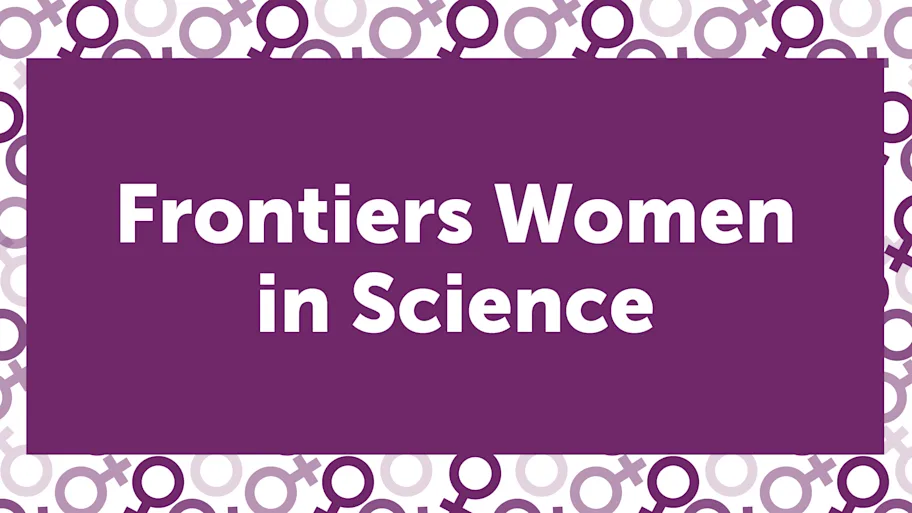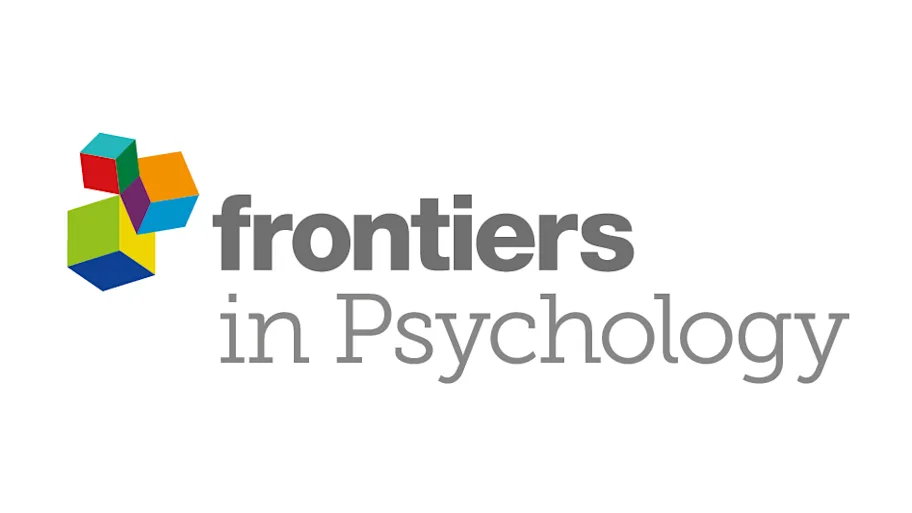
- Science news
- Frontiers news
- Margaret Grogan – Keeping the human condition in our sight as we move forward
Margaret Grogan – Keeping the human condition in our sight as we move forward
Author: Carolina Capelo Garcia
Margaret Grogan is a professor of leadership studies in the Donna Ford Attallah College of Educational Studies, Chapman University, and Field Chief Editor of Frontiers in Education. She has dedicated her life to putting forward important markers in decision making in the field of education, particularly addressing notions of gender and social justice. To mark the International Day of Education, we speak with Margaret about her incredible journey, and reflect on the importance of education in the making of our world.

Credit: Chapman University
Could you tell us about your background growing up, and how you ended up in the field of educational leadership?
“I think back in those days it was not easy for women to decide what they wanted to do, because there were not very many women that had full time work outside of the home in the countryside where I grew up. We didn’t have a lot of role models. And so, as young people, we didn’t have many ideas. Most of us thought we would go into teaching, or something health related, like nursing, on our way to become wives and mothers, and not necessarily having a career like a man did. And given all of that, I didn’t want to just do what other people had done. Growing up in Australia, everywhere is somewhere else. Queensland is a long way away from everywhere. I had this real interest in traveling, in being amongst people that I had only read about. That’s what motivated me.
“I had this dual idea that before I made up my mind on what I wanted to do, I wanted to see places and be with people. I was very young, 23, when I went to Japan. But what was instrumental in my future career was how I began to teach at the International School of the Sacred Heart, in Tokyo, where the sisters were very known for their intellectual and social justice orientation. And what I learned was the value of love. And as teachers we loved our students and each other. And we learned that love for other human beings, based on an understanding of compassion and the essence of what makes people human, can triumph over all other differences. So that’s what got me going, noticing that underneath difference, underneath discrimination, underneath all the conflict, there was something else that could be nurtured through education.”
From Australia to Japan, and later in the United States, your leadership construct is making an impact worldwide. What important decisions guided you through your path?
“It’s difficult to know. I think I had a real drive for making a difference which stemmed from my remarkable experiences in Japan. When I went to the United States, I was an outsider, I had an accent – still have an accent – which was hard sometimes but in some respects gave me an advantage. Individuals in the United States are, generally speaking, not judgmental if you have to be white with a first-world accent. And that’s not true of all different cultural experiences here, in fact, quite the opposite. The issues of race and racism are particularly painful right now.
“My white experiences and my whiteness gave me entrée into places and into opportunities that perhaps others would not have been given, even though I was an outsider. And I think being an outsider meant that I could bring to the table some different perspectives. That gave me the opportunity to push myself. The idea of leadership is about grabbing the opportunity to tackle difficult problems and to make some changes, especially in systems like educational ones that haven't really benefited from outside perspectives, and keep working with whatever opportunities arise.”
What were the major challenges and setbacks for women in your field?
“Being heard is still a very difficult thing, and there are lots of ways to address that. But it becomes gradually clear in an environment, particularly at higher levels of an organization, that, unless you adopt historically male associated approaches, you would struggle to be heard. Those gendered ways of leading, that often included a level of assertiveness, did matter, and I think still matter in many settings. What tends to happen is that there is only one or two women sitting around a table of men, and often those women are white, sometimes they are not, but the values that many women bring to the table are often lost. They are invited to the table, but they are not necessarily powerful at the table.”
What is your purpose or mission as a woman in the humanities and social sciences?
“To address the inequities, discrimination and economic challenges that interfere with learning. To keep on the table the knowledge and understanding that we are composed of our lives. Our lives are what inform educational policy and practice, and if we want to be sure that everybody has a chance to develop and to contribute all of their talents and abilities, then we have to scrutinise every decision to see who is benefitted by these decisions and who is, or continues to be, marginalised, or unjustly treated. My mission is to keep these intersections at the forefront of any decision that is made inside of my field – to lead collaboratively with others whose experiences are different from mine.”
What advice would you give to young women driven to make an impact in the field of education and on future generations?
“There are two parts to managing a career. The first part is about the self, and the second part is about expertise. It goes without saying that you cannot have a career in any field, and educational leadership is a good example, without deeply knowing your field, so my advice is make the opportunity to go out of your comfort zone and take a leadership role.
“I also think that it’s very important for individuals, young people especially, to learn who they are. And it’s really important that you understand [this] because you will be tested many times in any leadership role, over and over again. And unless you know who you are, and what are the moral and ethical principles that guide you, it will be hard for you to know how you are going to approach each issue.
“Particularly in education, our main purpose is to facilitate other people’s learning, that’s what we do in education. We provide the opportunity for individuals to fly. There wouldn’t have been that kind of scientific response to COVID had people not been educated well. All those doctors and medical scientists, researchers, and immunologists, all those people were nurtured somewhere along the way, they were given the opportunity to develop a spark that led them to these positions. That’s how important education is.”

Frontiers is a signatory of the United Nations Publishers COMPACT. This interview has been published in support of United Nations Sustainable Goal 5: Achieve gender equality and empower all women and girls.






